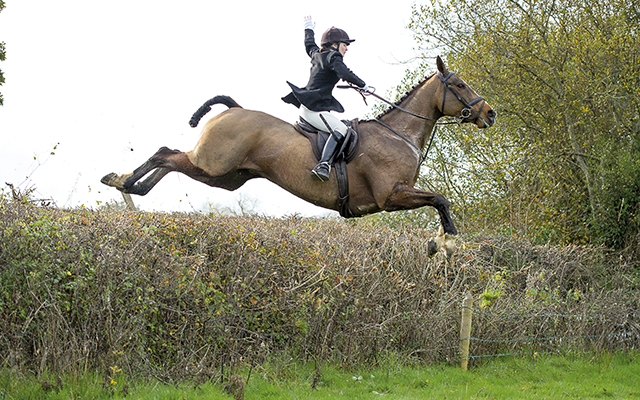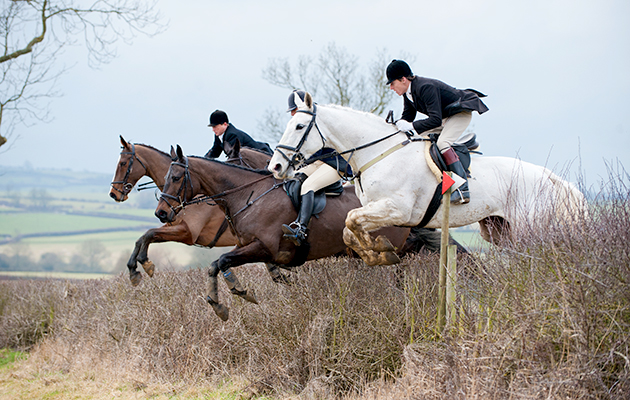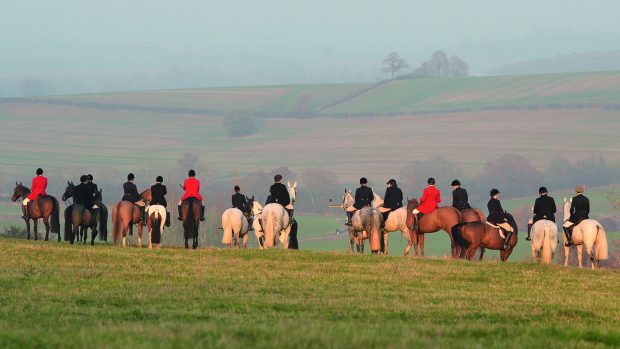Ahead of the Boxing Day meets that will take place across the country tomorrow, Tessa Waugh offers advice on the best ways to keep yourself and your horse in one piece while out hunting
- Stay alert to your surroundings and you are much less likely to come to grief. Accidents are less likely to happen to someone who is on the ball than someone who drank too much at the meet and isn’t fully concentrating.
- Be aware of the novice, the old, the very young or the people struggling with their horses. Give them all a wide berth and don’t gallop past them at a million miles an hour.
- Channel Patrick Swayze in Dirty Dancing: “This is your dance space, this is my dance space…”. Try not to barge into people and try to avoid being barged into. Of course, this isn’t always possible, but if you try and maintain some space around you and your horse (while in motion and when standing still) you are far less likely to get kicked or trodden on.
- Don’t get too close to the horse in front. If they fall they’ll bring you down with them.
- When you’re in a queue to jump a fence, try not to let your horse go until the person in front has taken off. Ideally they will have landed too, but this isn’t always possible if you hunt with a lot of sharp-elbowed people who want to get on.
- If you know your horse will go, stay as near to the front as you can, particularly when jumping. You are less likely to get in trouble there than you are in the middle of the field.
Like this? You might also enjoy reading these:
33 Boxing Day meets you can’t afford to miss
9 ways to impress on the hunting field
A fear of blackthorns — and 24 other signs you’re addicted to hunting
- Be aware of what’s underfoot. It sounds basic, but when the red mist descends horse and rider can lock on and forget the bog lurking in the corner of that field or fail to see the wire that someone has kindly lowered.
- Identify the people who rarely get it wrong and tuck in behind them. Steer clear of those you know – or suspect – will stop at a fence, or who struggle to hold a straight line.
- Know when to call it a day. There will always be another day and a tired horse is more likely to hurt itself – or you.



